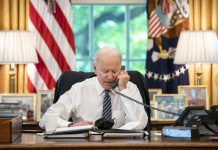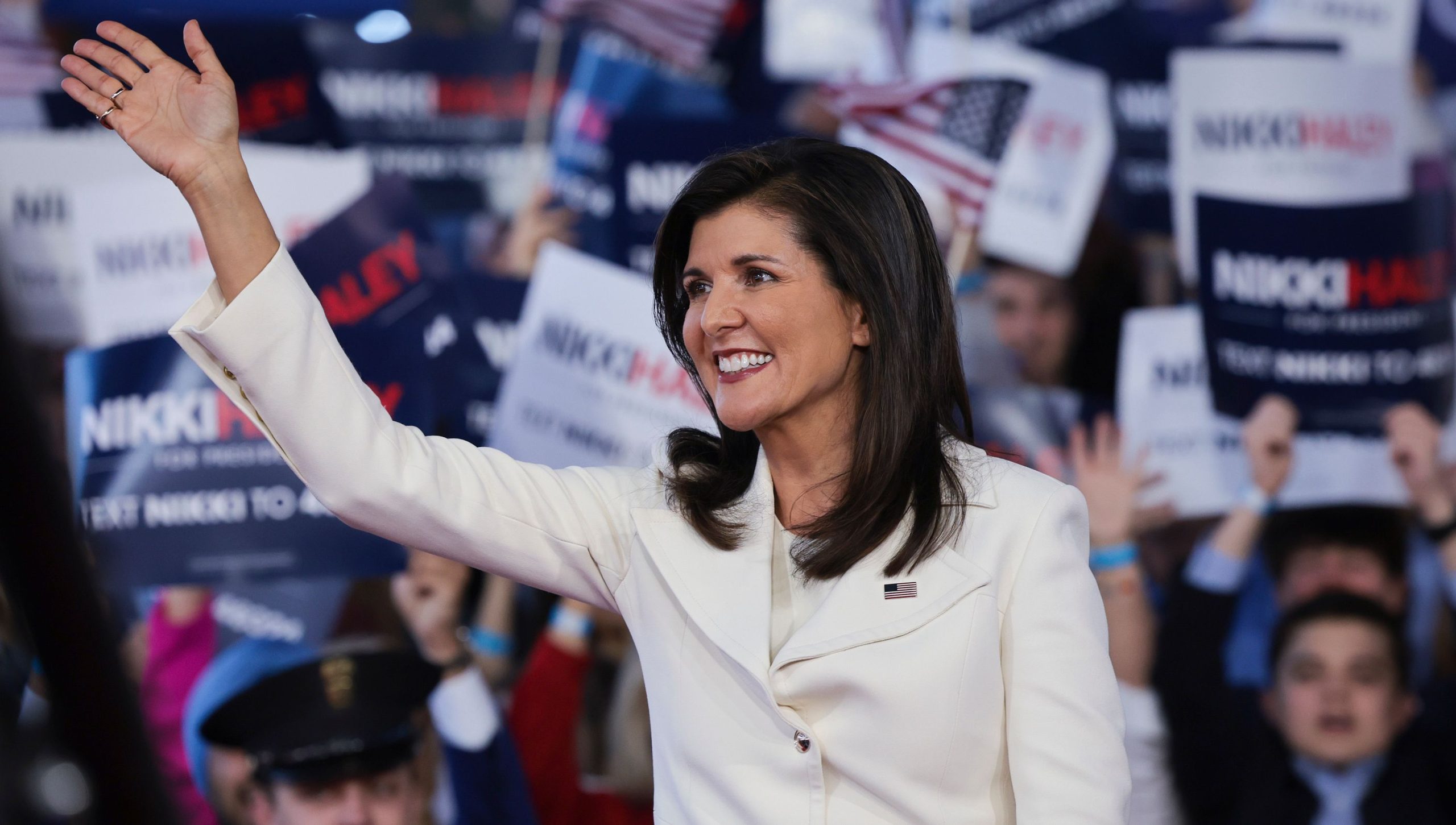Senator Tommy Tuberville’s Obstruction of 301 Military Promotions
From Alabama to Asia, the intricate web of senior military officers finds itself caught in the crossfire of a dispute between Senator Tommy Tuberville and Defense Secretary Lloyd Austin. This standoff has far-reaching consequences, impacting not only the impending leaders of the Joint Chiefs of Staff but also generals and admirals heavily involved in China policy, Ukraine’s armament, and the critical modernization of U.S. combat forces, all following two decades of war.
Recently obtained and rigorously verified data from The Washington Post reveals a staggering tally of 301 high-level positions ensnared in Tuberville’s grip as of August 12th. Alarmingly, officials predict this number will more than double by year’s end, barring a resolution to the impasse. This deadlock, rooted in the Pentagon’s abortion policy, casts a shadow over the future of these military appointments. By the end of the year, an estimated three-quarters of the Defense Department’s generals and admirals—650 out of 852—will feel the ripple effects of Tuberville’s hold, according to Pentagon estimates.
The crux of the issue, as put forth by Secretary Austin, centers on the principle that those serving in the military should have access to comprehensive reproductive care, given their lack of control over where they are stationed. Senator Tuberville, on the other hand, maintains that federal funds should not be allocated for abortion or related activities.
Although Tuberville’s hold is not absolute, it has effectively gummed up the customary process of approving well-qualified, uncontroversial nominees by the Senate in groups. While individual votes are technically possible, the Democrats argue that such a method would stretch over several months.
In response to this situation, a spokesman for Tuberville, Steven Stafford, highlights that holds on both civilian officials and military officers have been employed by both Republicans and Democrats in the past. Stafford underscores the Senate’s right and duty to advise and consent to presidential nominations while conducting oversight over the Pentagon. He places the blame for not bringing individual names to the Senate floor squarely on Senate Majority Leader Charles E. Schumer (D-N.Y.).
Although past holds have typically been resolved relatively swiftly, the current scenario presents a unique and worrisome situation, according to Peter Feaver, a professor specializing in civil-military relations at Duke University. Feaver, who served as a national security official during the administration of President George W. Bush, remarks that the nation now finds itself in uncharted territory, given the broad scope and significance of the roles affected.
The ramifications of this deadlock are felt across all branches of the military. Air Force generals find themselves deeply impacted, with Gen. Charles Q. Brown expected to ascend to the position of the next chairman of the Joint Chiefs of Staff, and Gen. David Allvin nominated to replace him as the head of the Air Force.
The Army’s nominees in the hold include Gen. Randy George and Gen. James Mingus, slated for the service’s top two positions. Other nominees such as Maj. Gen. John W. Brennan Jr., who is anticipated to be promoted and become the next deputy commander at U.S. Africa Command, and Lt. Gen. Laura Potter, slated to take over as the director of Army Staff, are also affected.
The Navy faces similar challenges, with nominees such as Adm. Lisa Franchetti, who will make history as the first woman on the Joint Chiefs if confirmed as chief of naval operations, and Vice Adm. James Kilby, expected to be promoted and replace Franchetti as vice chief of naval operations.
The Pentagon’s smallest and youngest service, the Space Force, is not exempt from this impasse. Noteworthy positions held include Lt. Gen. Stephen Whiting, nominated to become the next four-star commander of U.S. Space Command, and Lt. Gen. Michael A. Guetlein, tapped to be the next four-star vice chief of space operations.
Feaver emphasizes the critical impact on “warfighting” positions, particularly in the Pacific. Leaving top roles vacant, such as the chief of Indo-Pacific Command, undermines the U.S.’s messaging on its primary competitor, Beijing. This situation, in Feaver’s words, is a continual gift to China, with profound implications.
The United States also faces uncertainties in its relationships with allies and partners due to the impasse. Many nominees are expected to foster strong overseas relationships. One notable example is Brig. Gen. Charles D. Bolton, nominated to become deputy commanding general of Security Assistance Group-Ukraine, tasked with overseeing the flow of weapons to Kyiv as it confronts a Russian invasion. The impact extends to over a dozen other affected roles spread across Europe.
Katherine L. Kuzminski, a senior fellow with the Center for a New American Security, highlights that nearly two dozen affected nominees would oversee U.S. military operations in the Pacific, a critical region involving Hawaii, South Korea, and Japan.
As the military faces recruitment challenges, several Navy nominees directly involved with accessions are in the hold. Rear Adm. Jeffrey J. Czerewko, nominated to be the commander of Naval Education and Training Command, and Navy Capt. Craig T. Mattingly, poised for promotion and selected to run Naval Service Training Command, are among those affected.
In conclusion, this ongoing dispute between Senator Tuberville and Defense Secretary Austin has cast a shadow over crucial military appointments, creating a unique and concerning situation with far-reaching implications for national security, foreign relations, and the operational effectiveness of the U.S. military. As this impasse persists, the nation grapples with significant challenges, emphasizing the importance of resolution to ensure a strong and responsive defense structure.




